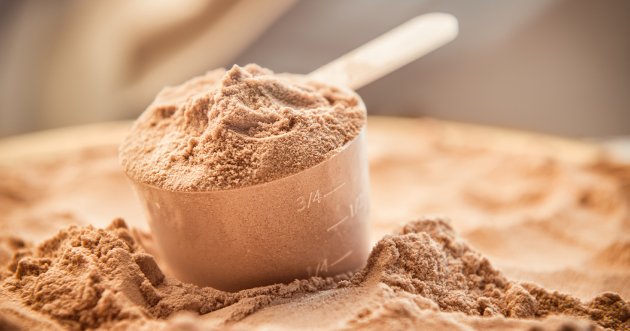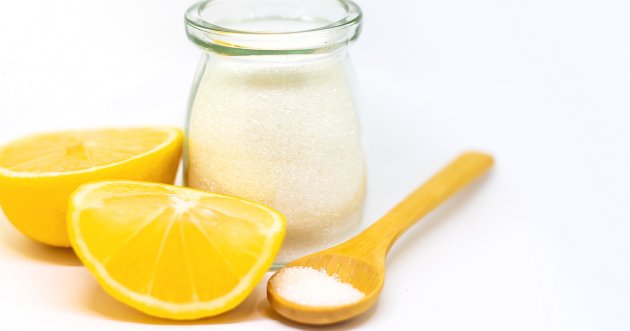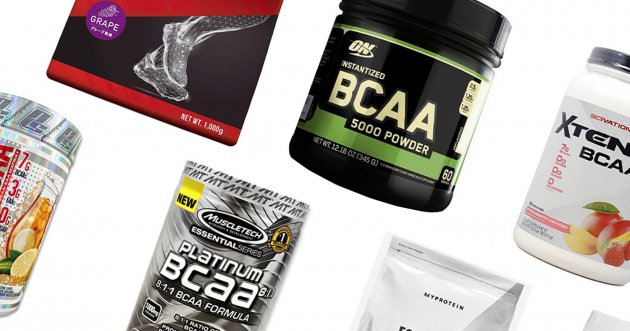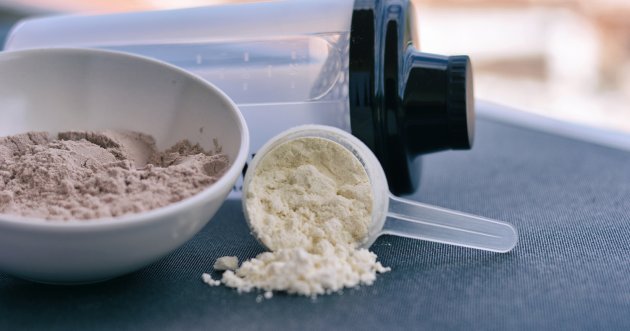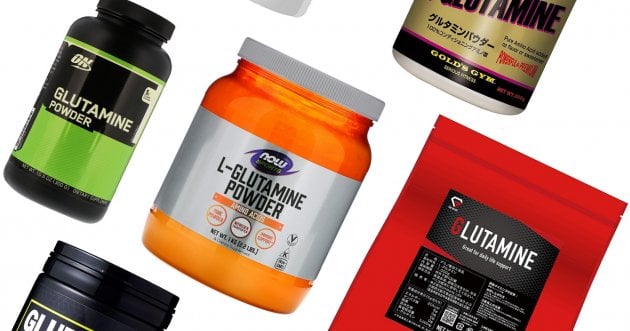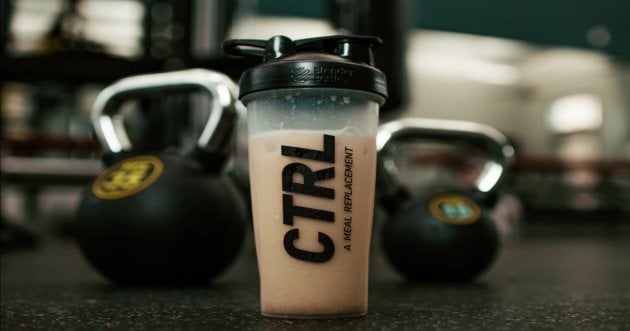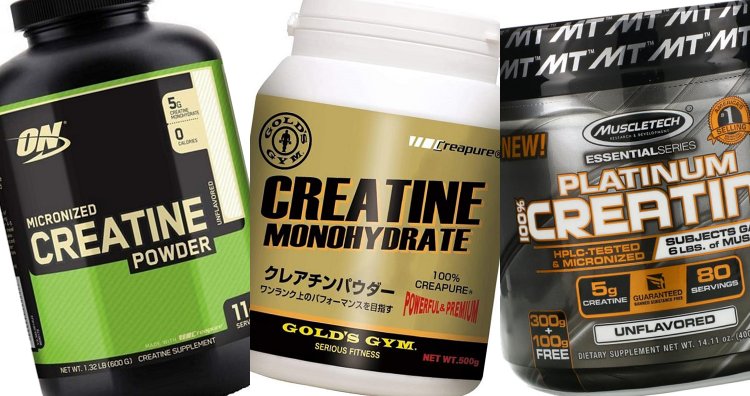
“Is it really effective?” Creatine has been proven to be effective among dietary supplements. Creatine is a supplement that increases muscle mass and improves exercise performance, and yet it is inexpensive and easy to take. In this issue, we will focus on creatine, and introduce its appeal, effective ways to take it, and recommended products!
CONTENTS
- Creatine is one of those ingredients that has been scientifically proven to work!
- Get the most out of creatine! How to drink effectively?
- We also recommend using supplements that go well with creatine for a synergistic effect!
- Are there different types of creatine? I suggest you check them out carefully when choosing!
- Great Expectations for Bulking Up! Check out 11 creatine recommendations
Suponsered by
Creatine is one of those ingredients that has been scientifically proven to work!
Creatine is a type of amino acid that is synthesized in the body at a rate of about 2 grams per day. Most of it is stored in skeletal muscle as “creatine phosphate,” which is used to replenish energy during exercise. It is also used to promote muscle synthesis, improve performance during high-intensity and spontaneous exercise, and enhance recovery, making it a supplement with many benefits for muscle trainers. You may be thinking, “That sounds like a lot of eyebrow-raising, doesn’t it?” In fact, it is said to have been studied for over 200 years, and there are many papers that prove its effectiveness, and most athletes and bodybuilders take it.
Does creatine have side effects?
Because it is so effective, many people are concerned about side effects, but in fact, it is said to have almost no side effects. However, if you do not drink a lot of water, your stomach may churn or you may get a stomach ache if you take a large amount of creatine at one time. Another disadvantage is that the increased water content in the muscles can cause temporary weight gain, but rest assured that the muscles actually look and feel firm and do not appear to be overweight. However, the effects of creatine vary from person to person, so it is wise to stop using creatine if you feel it is not suitable for you.
Can creatine be supplemented with food?
Creatine is a type of amino acid made from the amino acids glycine, arginine, and methionine, so it is found in meat and fish, which are rich in amino acids. Unfortunately, it is difficult to get creatine from fruits and vegetables, so vegetarians and vegans will be best served by taking supplements. Also, even if you are a meat or fish eater, you would have to eat around 1 kg of meat or fish to get the daily recommended amount (3~5 g) for trainees. Furthermore, creatine is lost with heat, so if you eat sashimi, but not grilled meat, you need to eat even more. Therefore, in order to consume creatine, it is recommended to use supplements rather than eating a large amount of food, both in terms of efficiency and cost, as well as gastrointestinal burden.
| Ingredients | Creatine content (per 100g) |
| Herring | 0.7g |
| Pork | 0.5g |
| Beef | 0.4g |
| Salmon | 0.4g |
| Tuna | 0.4g |



